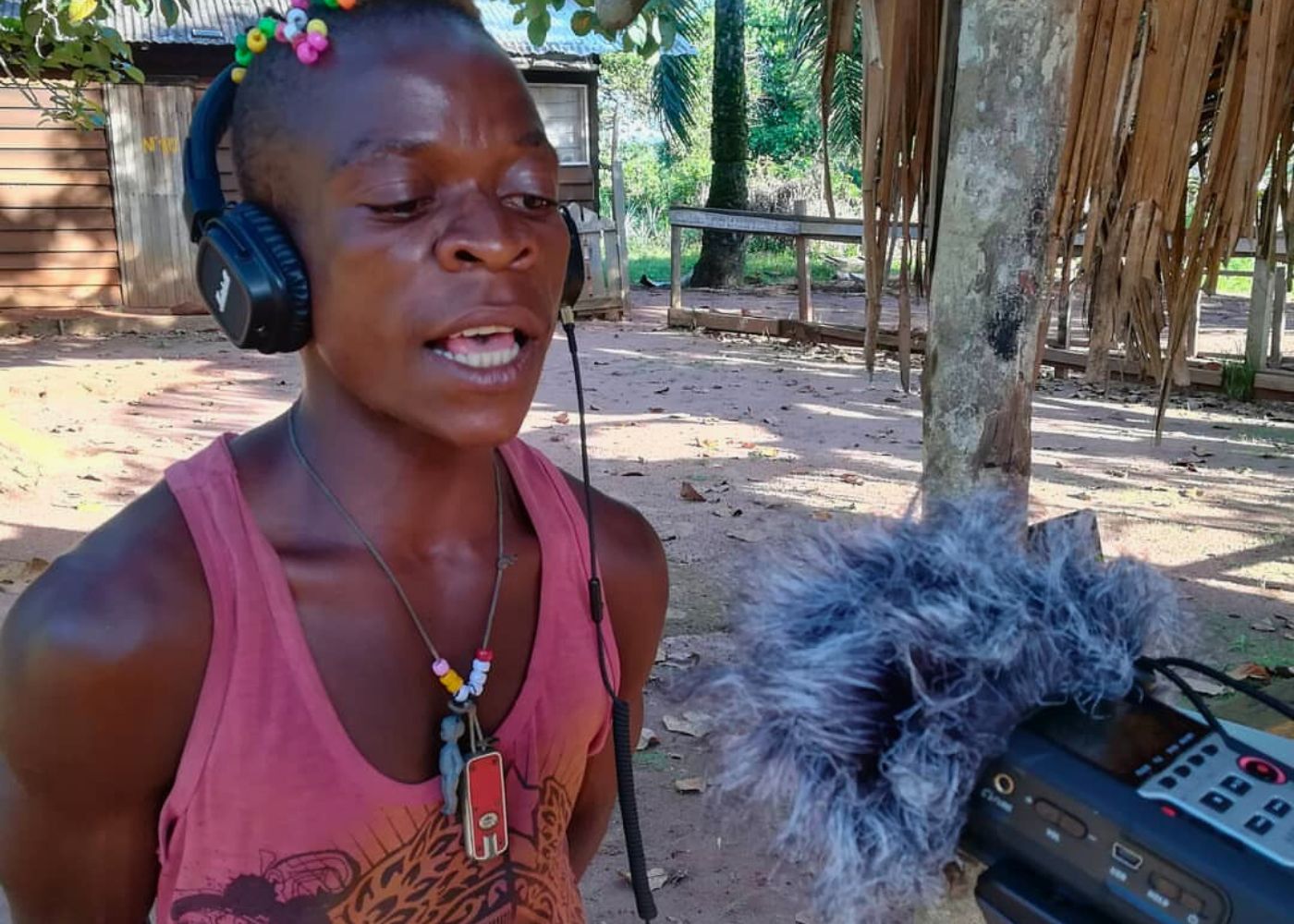
Reimagining AI for All - Why Audiopedia.AI Matters
Audiopedia.AI addresses the mismatch between modern AI advancements and the needs of oral-first, low-resource communities. By focusing on practical, lightweight solutions, we ensure indigenous languages and traditions are preserved and made accessible to all.
A New Approach to Inclusive AI
Most AI systems are designed for high-resource languages and well-connected environments, leaving indigenous and oral-first communities underserved. Complex technologies like machine translation or text-to-speech demand extensive resources, making them impractical for preserving low-resource languages. Audiopedia.AI takes a different approach: focusing on lightweight, scalable AI tools that work offline and prioritize cultural preservation. By addressing the gaps in current technological solutions, we’re creating a framework that empowers communities where they are most vulnerable.
The Limits of Traditional AI Solutions
AI systems like machine translation and text-to-speech require massive datasets, computational power, and internet connectivity, making them unsuitable for low-resource indigenous languages. Audiopedia.AI reimagines AI to meet the realities of underserved communities.
Bridging the Digital Divide
Many indigenous communities lack internet access and electricity, leaving them excluded from global advancements. Audiopedia.AI ensures offline functionality through solar-powered devices and other low-tech solutions, making knowledge accessible to all.
Culturally Relevant and Community-Led
Audiopedia.AI prioritizes cultural relevance by co-creating content with indigenous communities. This approach not only preserves oral traditions but also empowers communities to take ownership of their knowledge and its dissemination.
Practical AI for Real-World Impact
By focusing on lightweight AI tools like Keyword Spotting (KWS), Audiopedia.AI delivers practical solutions that empower communities to access vital health, education, and livelihood resources in their native languages—without requiring complex systems or high-resource environments.